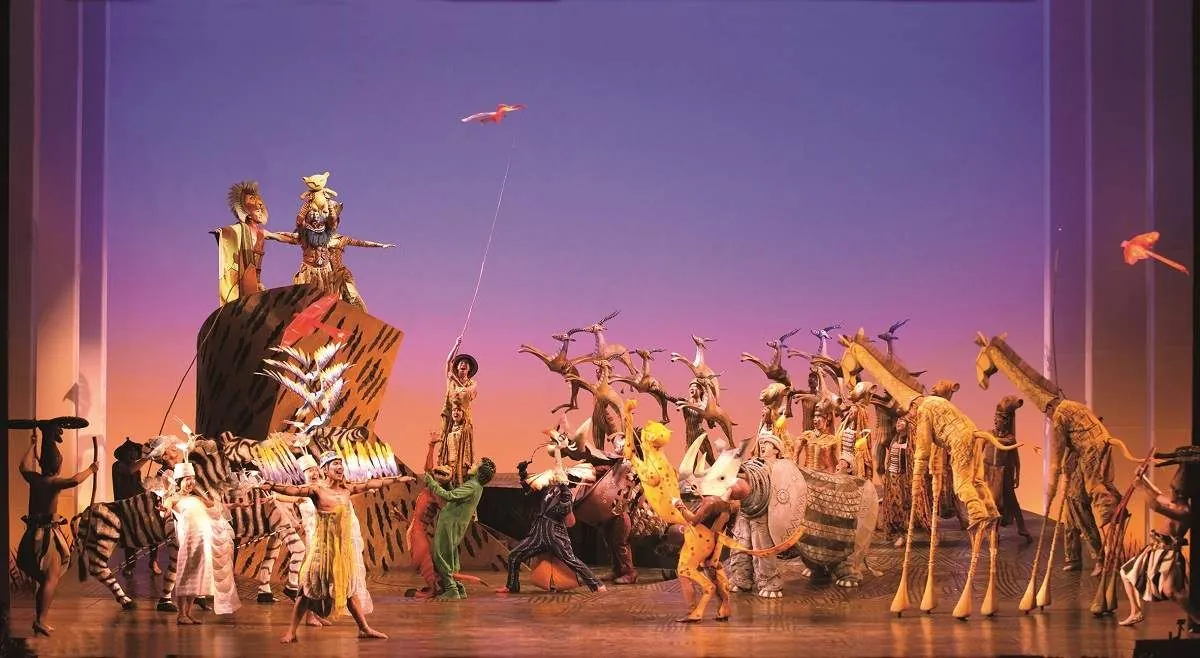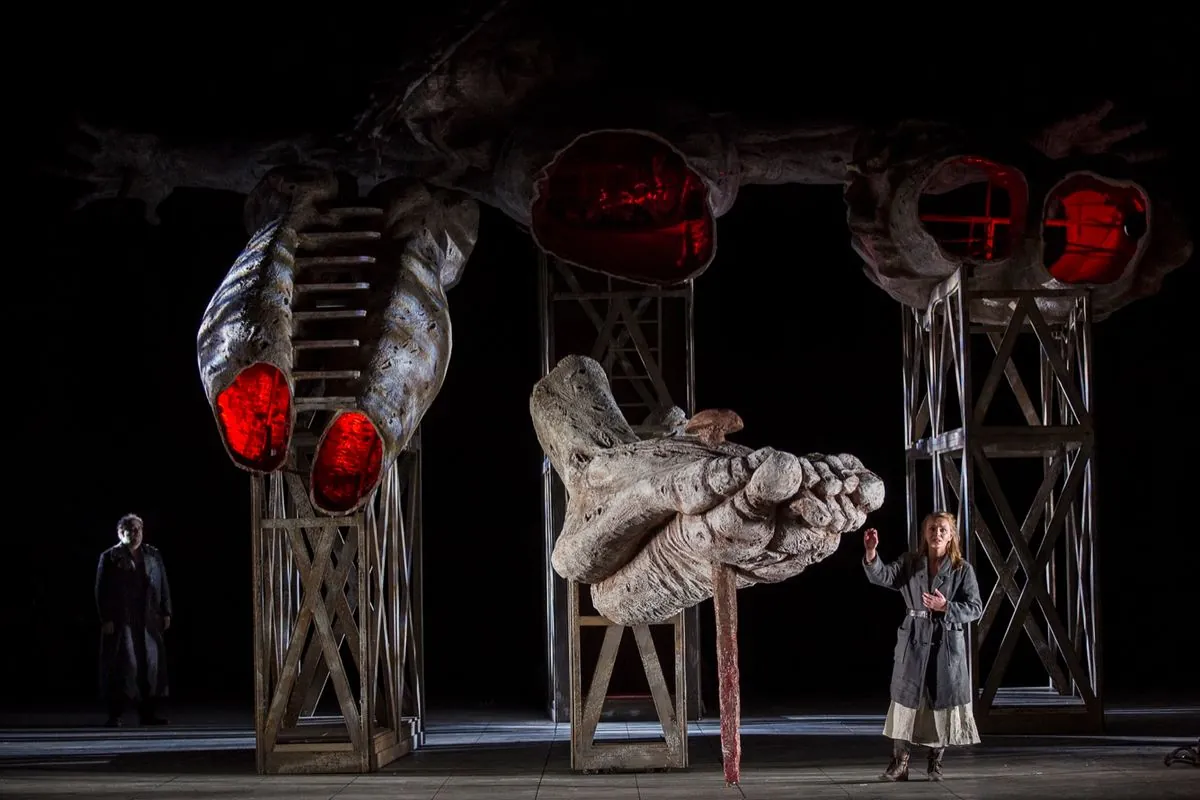Supreme Court Justice's Opera Aversion Sparks Cultural Debate
A Supreme Court Justice's disinterest in opera ignites a discussion on the art form's relevance and future. Experts argue for opera's enduring appeal and potential for innovation in modern times.

In a recent exchange, Supreme Court Justice Neil M. Gorsuch expressed his aversion to opera, prompting a broader discussion about the art form's place in contemporary culture. This incident highlights the ongoing challenge opera faces in attracting new audiences and maintaining its relevance in the 21st century.
Opera, which originated in Italy in the late 16th century, has long been regarded as a pinnacle of artistic expression. It combines music, drama, and visual spectacle, embodying Richard Wagner's concept of "Gesamtkunstwerk" or total work of art. Despite its rich history and multifaceted nature, opera often struggles to captivate modern audiences.
Many people share Justice Gorsuch's reluctance to engage with opera, viewing it as inaccessible or outdated. However, proponents argue that opera's unique blend of artistry and emotion offers an unparalleled cultural experience. From the intricate costumes to the powerful vocal performances, opera provides a comprehensive artistic journey.
"Opera is an art form that is most exciting when it is unpredictable and unsystematic."
Sharon's perspective challenges the notion that opera must adhere strictly to tradition. He advocates for innovative approaches to staging and interpretation, arguing that such creativity can reinvigorate the art form and attract new audiences.

The history of opera has seen significant evolution. In the 1800s, productions were highly ephemeral, changing frequently to satisfy audiences' thirst for novelty. However, by the end of the 19th century, a canon of classic works emerged, leading to more conservative staging practices. This shift may have contributed to opera's reputation as an unchanging, elitist art form.
Today, opera faces the challenge of balancing its rich heritage with the need for innovation. Modern productions often incorporate supertitles, introduced in the 1980s, to make performances more accessible to diverse audiences. Some directors, like Sharon, are pushing boundaries even further, reimagining classic works and creating entirely new operatic experiences.
The debate surrounding opera's relevance extends beyond the concert hall. Opera has influenced various aspects of culture and technology. For instance, opera houses were among the first public buildings to use electric lighting, demonstrating the art form's historical role in technological advancement.
As opera continues to evolve, it remains a unique and powerful medium for artistic expression. While it may not appeal to everyone, including some Supreme Court justices, its ability to combine multiple art forms and evoke deep emotions ensures its enduring significance in the cultural landscape.


































